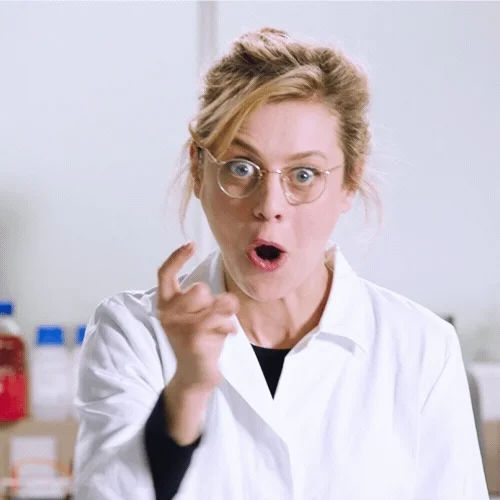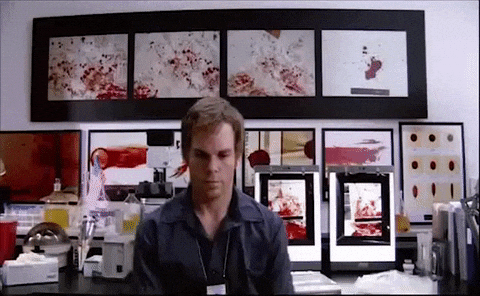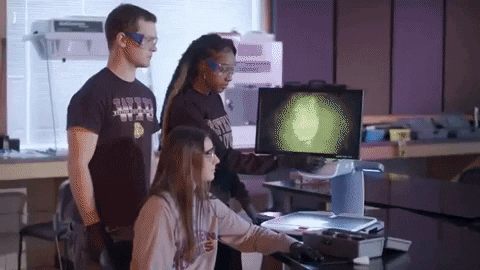
This logo isn't an ad or affiliate link. It's an organization that shares in our mission, and empowered the authors to share their insights in Byte form.
Rumie vets Bytes for compliance with our
Standards.
The organization is responsible for the completeness and reliability of the content.
Learn more
about how Rumie works with partners.
Do you have a passion for science and a desire to find truth and seek justice in legal proceedings?

Then a career as a forensic scientist may be for you!
What Do Forensic Scientists Do?

Forensic scientists, sometimes called criminalists or crime scene investigators, do many important tasks, which may include:
Collecting evidence, which may include weapons, fingerprints, bodily fluids, or digital data. ✔️
Analyzing physical and digital evidence collected from a crime scene. 🔎
Providing expert testimony before and during trials. ⚖️
Photographing or making sketches of the crime scene and evidence. 📷
Accurately documenting findings of investigations. 📋
Quiz
What types of crimes or incidents might a forensic scientist investigate? Select all that apply:
All of these crimes can be investigated by a forensic scientist. Forensic science is considered any scientific analysis that can be used in a court of law. This can range from DNA and fingerprints to fraud and identity theft.
How Do I Become A Forensic Scientist?
 Photo by Julia Koblitz on Unsplash
Photo by Julia Koblitz on UnsplashA bachelor's degree in science.
An advanced degree or specialized training (Masters, Ph.D.) for some jobs in the field.
Good speaking skills, as you may be called on to testify in court.
Excellent note-taking and observation skills.
The ability to write a scientific report.
The ability to remain unbiased and maintain personal and professional integrity.
Did you know?
This Byte was created by a volunteer professional that wanted to share this insight to help you succeed - no agenda, no cost.
How Much Does A Forensic Scientist Earn?
 Average pay in the US:
Average pay in the US:
$62,570/year or $31.29/hour
 Average pay in Canada:
Average pay in Canada:
C$63,100/year or $31.55/hour
Take Action

Does forensic science sound like an exciting career for you? Explore more:
This Byte has been authored by
Jessica Beegle
Instructional Designer